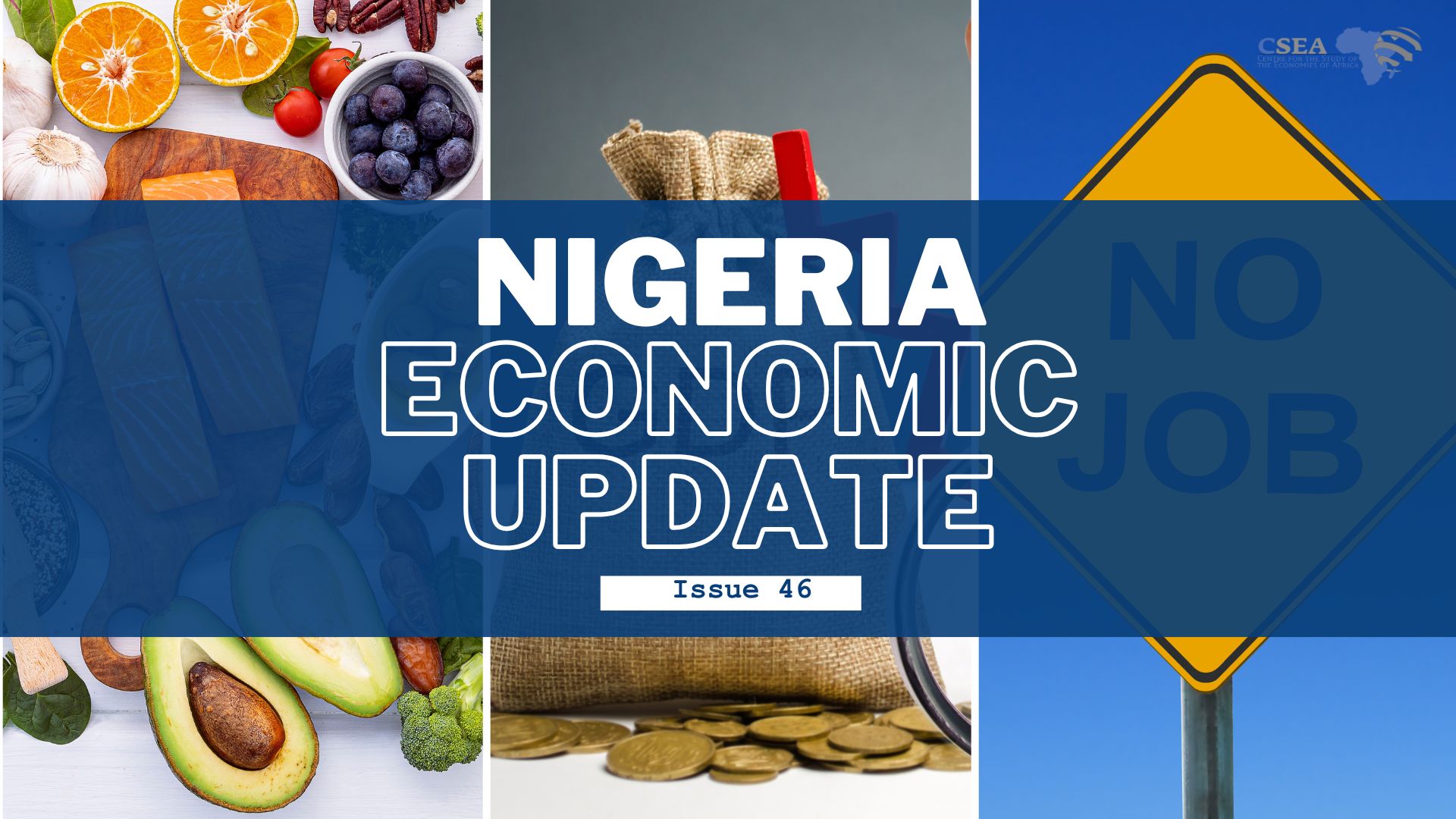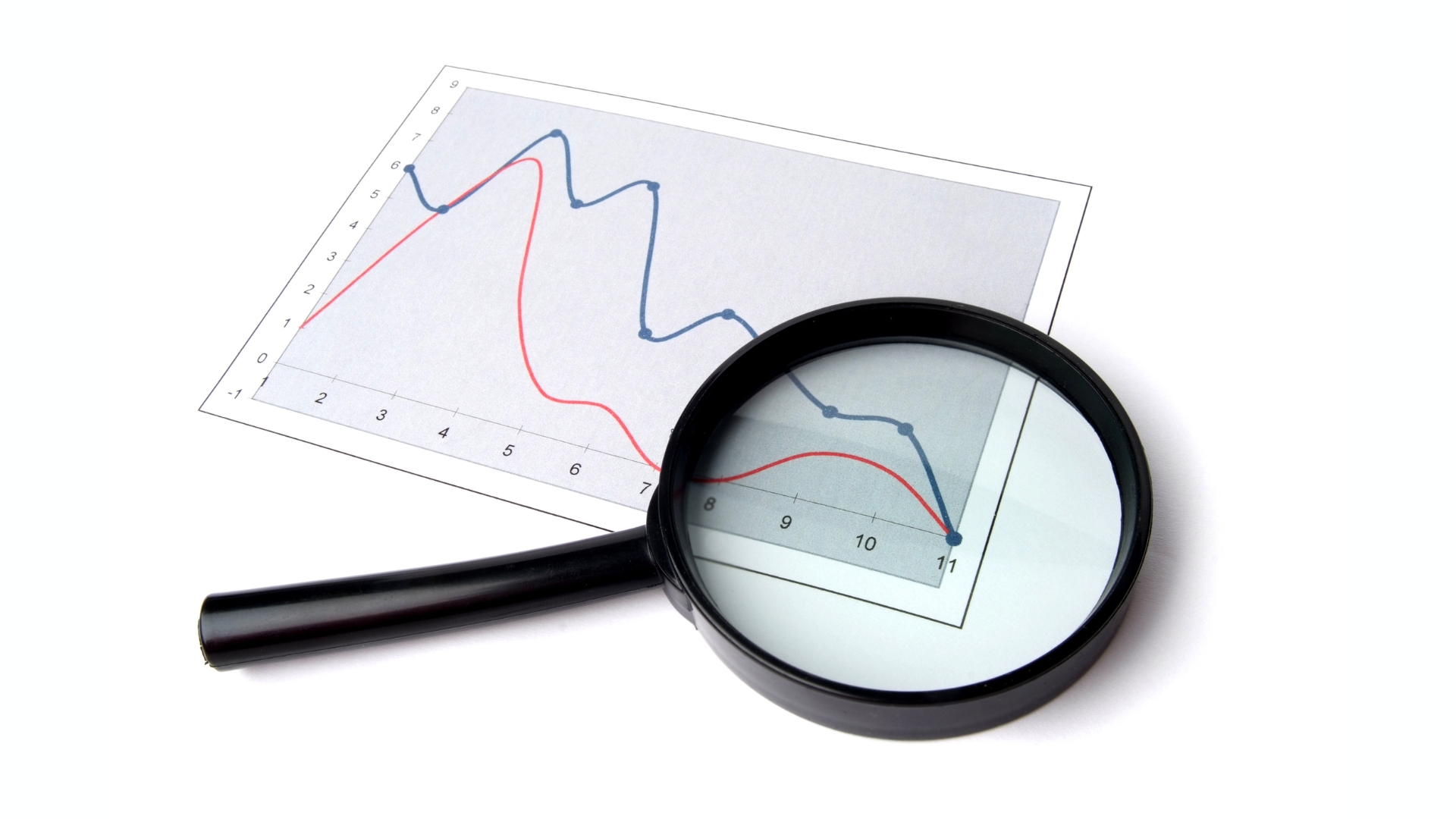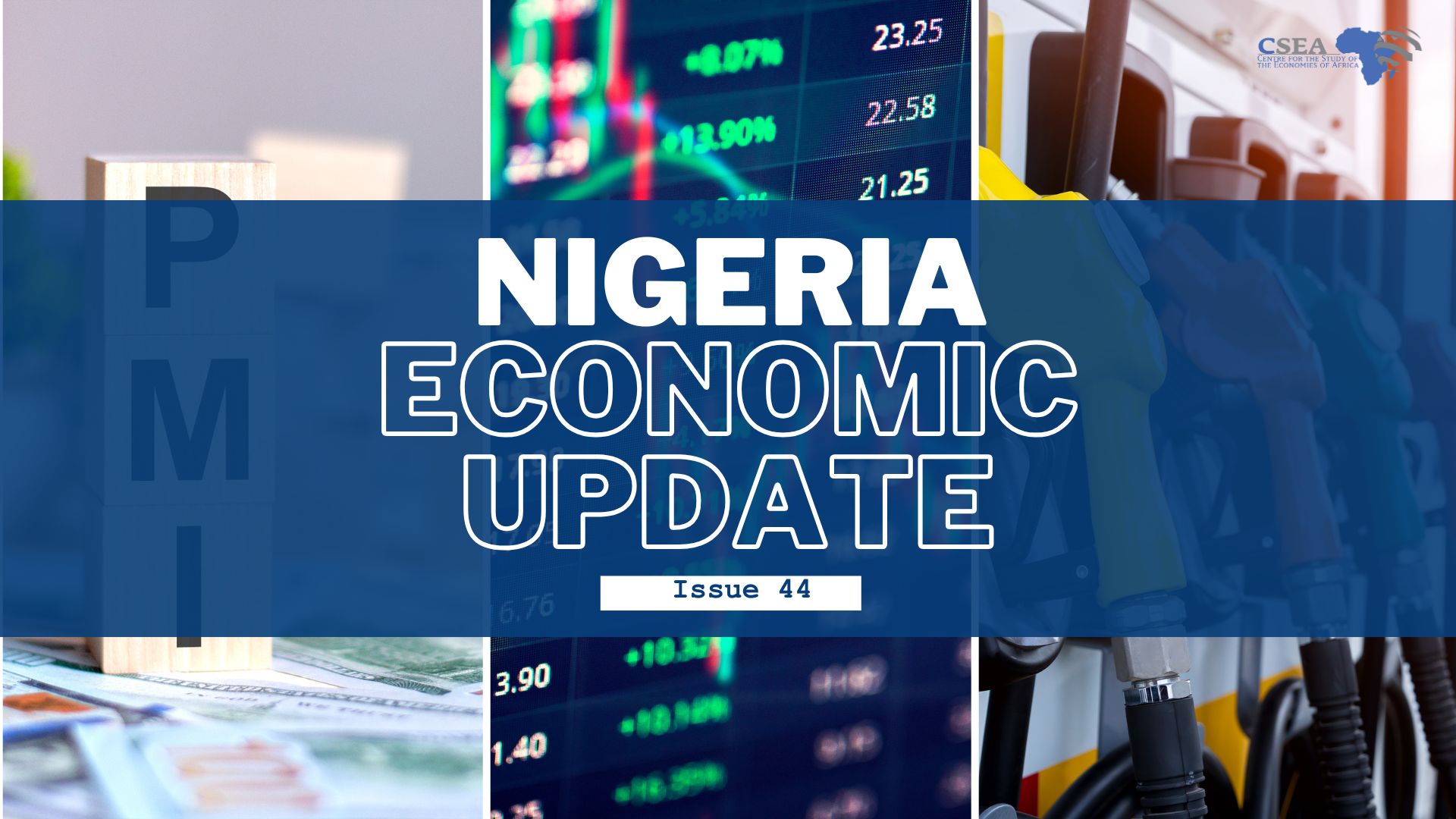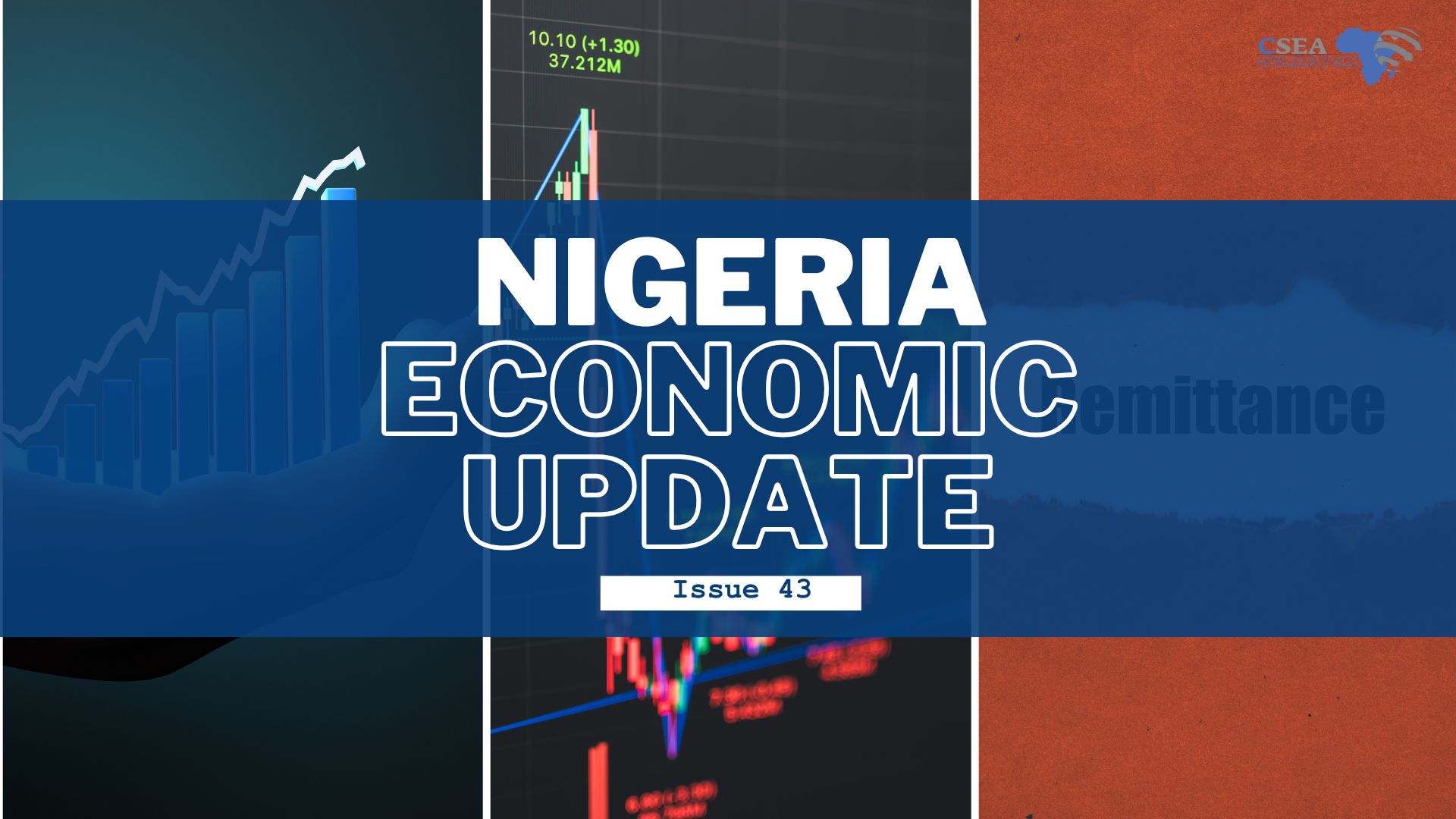Evaluation of the effects of African Continental Free Trade Area (AfCFTA) on Africa's Biodiversity
Free Trade Agreements (FTAs), such as the African Continental Free Trade Area (AfCFTA), can significantly influence biodiversity conservation based on their design and implementation. While AfCFTA may encourage countries to strengthen environmental regulations in line with international agreements like the Convention on Biological Diversity (CBD) and CITES, there are concerns that economic goals might overshadow ecological considerations. This could lead to industrial growth in agriculture and mining, risking deforestation, soil erosion, and water pollution. Using a combination of qualitative and quantitative methods, this study employs the Energy-Environment Integrated CGE (EEICGE) Model to analyze AfCFTA’s impacts on Africa's biodiversity. Simulation results for Nigeria indicate a rise in fossil fuel demand and carbon emissions. Stakeholder insights reveal that increased trade may drive intensified land use, contributing to deforestation and biodiversity loss. The study underscores that the impact of AfCFTA on biodiversity is contingent on specific provisions, enforcement capacities, and implementation contexts. To ensure FTAs support sustainable development, strategic measures are vital, including robust environmental regulation enforcement, local community engagement, and investment in renewable energy to meet rising energy needs while adhering to global commitments like the Paris Agreement.
AUTHORS: Augustine Iraoya, Chukwuka Onyekwena, David Okorie, Adedeji Adeniran
This paper was first published HERE


 English
English
 Arab
Arab
 Deutsch
Deutsch
 Português
Português
 China
China








